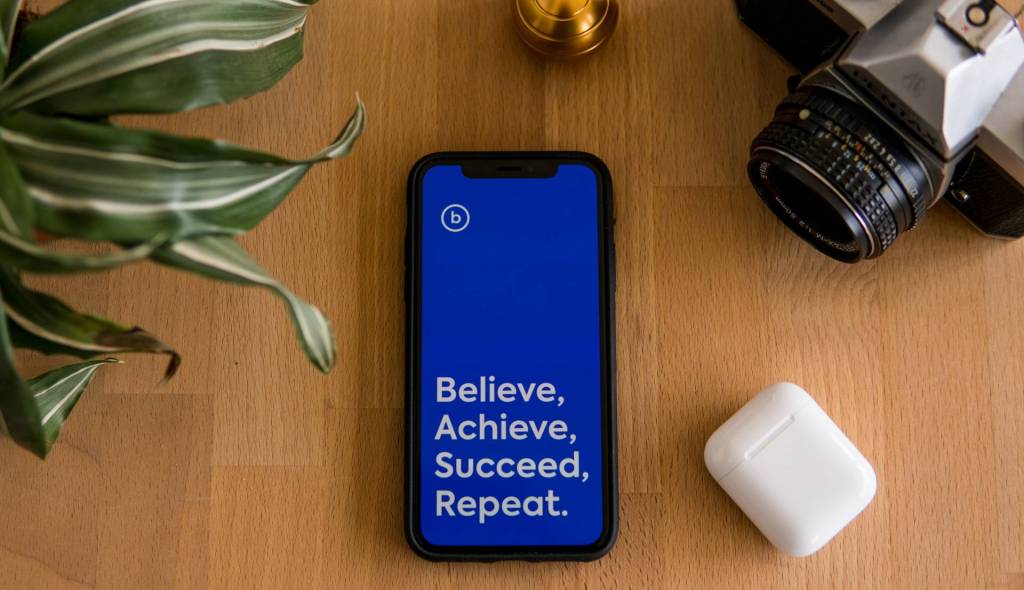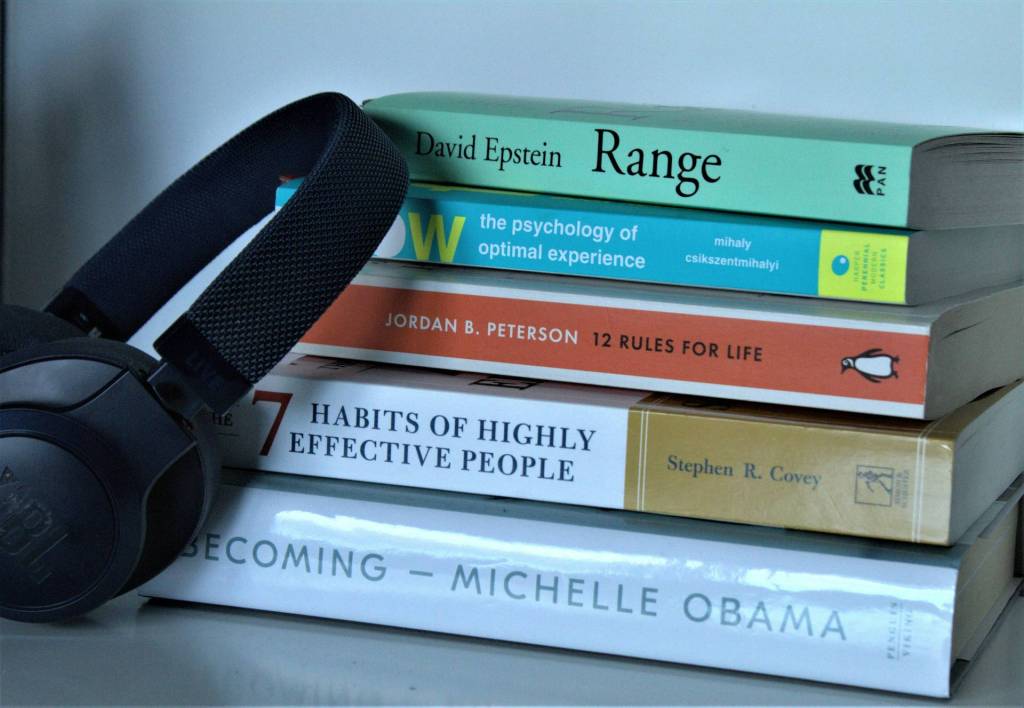Popular expressions, proverbs or sayings said in Spanish are known as dichos. A popular dicho is “guardar el drama para su mama”. Translated that means “save the drama for your mama.” For personal brands, that drama can be a reputation breaker – so save it for something or somewhere you’re not involved with coworkers, employers or customers.
Recently, I experienced the drama wall. Another vendor and I were working with a customer and both of us were focused on solving an issue for a customer. We were communicating via email which means we didn’t have the benefit of body language or tone to help us decipher a complete context of each other’s message. As our solutions were not reaping the results we had all been hoping for and as the evening waned on, she expressed how late it was, then her emails included a question wondering if we were on the same team, or was I trying to pick a fight, then if I was challenging her intelligence. The communication quickly deteriorated. It was clearly related to the fatigue that she was experiencing.
The thing with words is that they are much like glasses – they either make things clearer or blurry. And, unfortunately when words are spoken they can never be taken back and are never truly forgotten.
For your personal brand, here are three things you can do that are the ounce of prevention that could help preserve your reputation, professionalism and most important – your working relationship with someone.
Check in first
Before launching into a full “assumption assault” on someone, make sure and check back in with them to make sure you understood someone completely.
Now, to check back in, refrain from loaded messages filled with judgment and accusations (for example, A question that loaded with innuendo is – Are we not on the same page?) A better question is, “is everything okay?” Even asking, “is everything alright? I feel like I’m not understanding something,” is a valid question and comment.
You can also paraphrase someone just to make sure that you received the message that they sent. There are far too many distractions in our day and much around communication is lost when we are speaking via email and text so double check that perhaps your frequencies weren’t just off and that you heard what you thought you heard.
Again, approach this in an authentic quest to understand what was said. Paraphrasing and explaining what you heard and then asking for confirmation and clarification will help ensure what was sent is the same as what was received. For example, “What I heard you say was _______________. Is that what you wanted to say, or wanted to communicate to me?
If it’s feeling like it’s getting ugly, pick up the phone
Before dishing any drama out (i.e. asking the question – Are you trying to pick a fight?), pick up the phone. Do not send an email out like that. For your reputation and for your professional relationships, take the time to pick up the phone to clarify with tone and with checking in.
Refrain from saying or doing anything when you’re tired
If you’re tired, then stop. Avoid putting potential obstacles or burning bridges by tabling a discussion for the morning. Sometimes that means just shutting down and not responding to someone.
Remember, you cannot control what other people do but you can control your response to what other people do. (tweet this!)
These are three simple things that in the heat of the moment or the fatigue of the night can seem almost impossible. To make it easier, print these three and keep them somewhere close.
- Check in first
- If it’s feeling like it’s getting ugly, pick up the phone
- Refrain from saying or doing anything when you’re tired
You are response-able. Exercise that ability especially in these moments. For your sanity, your relationships and your personal brand.












